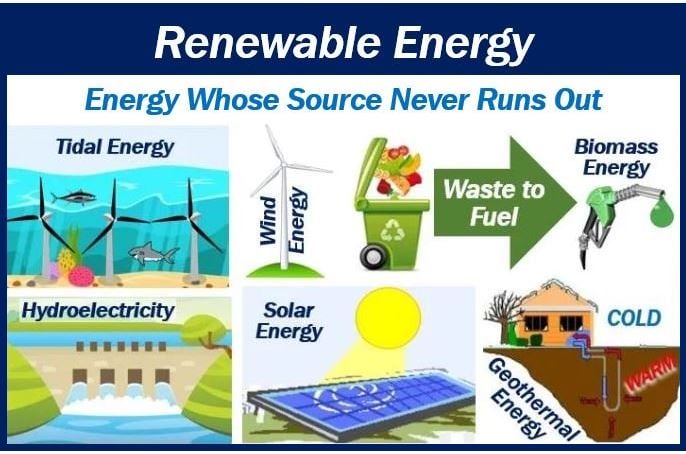MAYO, Yukon – Yukon’s mining minister says elevated levels of cyanide have been detected in a waterway after an equipment failure and slide of ore at Victoria Gold’s Eagle Mine last week.
The announcement by John Streicker comes hours after the company issued a statement saying it had detected no cyanide in surface water after the slide.
Streicker has told a briefing that elevated cyanide levels of about 40 parts per billion were collected in a creek, a level higher than the allowable five parts per billion, and which “could potentially affect fish.”
He says the First Nation of Nacho Nyak Dun was immediately informed that after the results came in last night.
Related: Mining industry digs into alternative methods as risks rise
Streicker says whether the cyanide actually affects fish will depend on other chemicals in the water.
Victoria Gold had earlier issued a statement saying surface water quality sampling at multiple points downstream of the mine located about 500 kilometres north of Whitehorse had “not detected any cyanide” since the June 24 failure.
The failure occurred at a heap-leach facility, which uses a cyanide solution to percolate through crushed ore and extract gold.
Victoria Gold also said in its statement that it had received notices of default from its lenders under a 2020 credit agreement.
It said production remained suspended and its previous 2024 production and cost forecasts had been retracted.
Feature image by iStock.com/Agnesstreet









